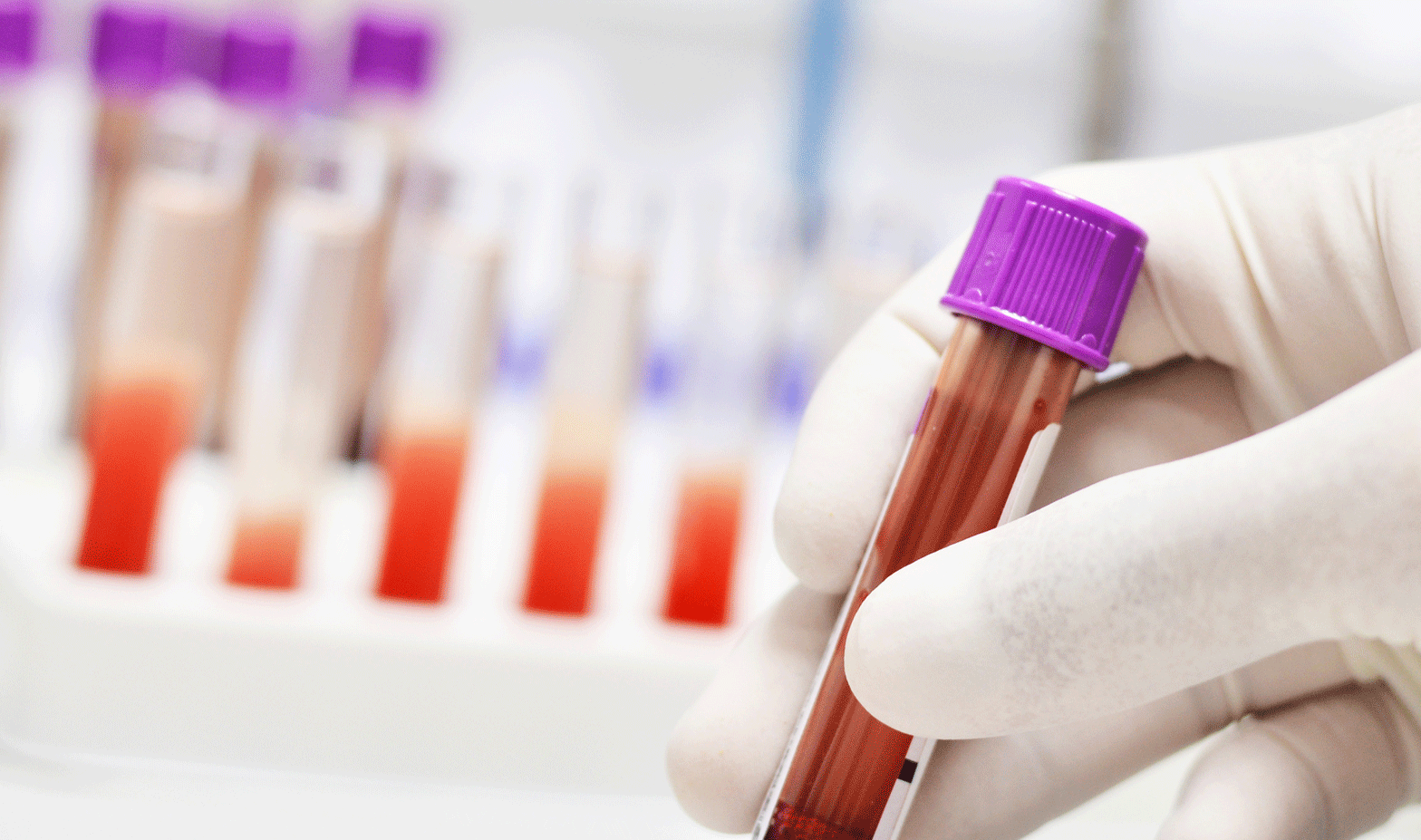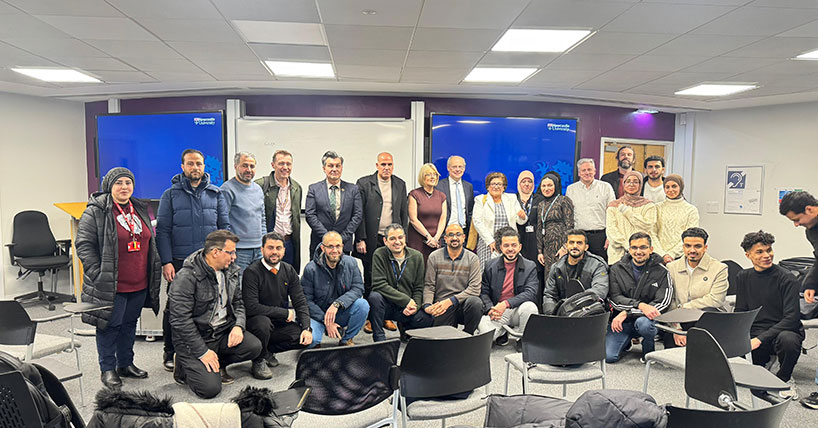LifeArc Centre
New £12 million research centre to improve studies of rare disease
Published on: 23 April 2024
A new £12 million research centre has been launched to improve clinical trials for patients with rare diseases.
Globally, there are more than 300 million people living with rare diseases, yet clinical trials for them are often challenging and can be a major limiting step in getting new treatments to patients.
Now experts from the universities of Newcastle, Birmingham and Queen’s University Belfast have joined forces to create the LifeArc Centre for Acceleration of Rare Disease Trials, which is being led by Dave Jones, Professor of Liver Immunology at Newcastle University.

Improving trials' efficiency
Studies into rare diseases can be fragmented, and researchers sometimes lack access to specialist facilities as well as advice on regulation, trial designs, pre-clinical regulatory requirements, and translational project management.
The multi-million-pound centre will focus on improving the efficiency of rare disease trials and increasing the number of opportunities for patients to take part.
Researchers will deliver trials of new treatments using ‘one stop’, patient-friendly models. The team will do this by creating a rare disease trial recruitment portal and will design and deliver trials in partnership with patients.
The aim is that this will speed up the delivery of clinical trials for people with rare diseases and enable more rapid approval of new therapies for use in the NHS.
Volker Straub, Professor of Neuromuscular Genetics and Newcastle University and Centre Lead for the new research centre, said: “The LifeArc Translational Rare Disease Centres are fantastic news for the many people living with rare diseases in the UK.
“The funding also acknowledges Newcastle’s long-standing expertise and excellence in the rare disease field. I’m very much looking forward to working with colleagues in Birmingham, Belfast and other rare disease centres, to develop safe and more effective treatments for patients.”
Kerry Leeson-Beevers is the parent of a child with the rare genetic condition, Alström Syndrome, which often causes loss of vision and hearing, and can lead to serious life-threatening problems with the heart, liver, and kidneys.
Kerry, who is also CEO of Alström Syndrome UK, said: “We have no specific treatment for Alström Syndrome and when my son, Kion, was a baby, I was told it could take around 10 years for any treatment to be developed - 20 years later, we are still waiting.
“People living with rare conditions don’t have the luxury of time and the mainstream way of delivering healthcare and drug development rarely works for people with rare conditions.
“As a mum, and the Chief Executive of Alström Syndrome UK, having a centre that will deliver a coordinated, inclusive and supportive approach to accelerate clinical trials gives me great hope.”
Unmet need
The LifeArc Centre for Acceleration of Rare Disease Trials, along with the the LifeArc Centre for Rare Respiratory Diseases, LifeArc Centre for Rare Kidney Diseases, and LifeArc Centre for Rare Mitochondrial Diseases, has been awarded a share of nearly £40 million over five years from the not-for-profit medical research charity, LifeArc.
Each centre will tackle an area of unmet need, to unlock science, accelerate medical progress and have the greatest impact for patients.
Dr Catriona Crombie, Head of Rare Disease at LifeArc, said: “We’re extremely proud to be launching four new LifeArc Translational Centres for Rare Diseases.
“Each centre has been awarded funding because it holds real promise for delivering change for people living with rare diseases. These centres also have the potential to create a blueprint for accelerating improvements across other disease areas, including common diseases.”



